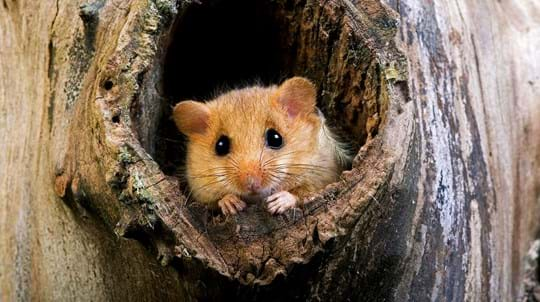
Blog
Alternative charity gifts for Christmas
Charlie Mellor • 19 Dec 2023

Content manager
Christmas is famously a time of excess. But with a little time, effort and good planning, it’s still possible to have a green Christmas and do our bit for the planet. Here are our tips for an eco-friendly Christmas, from cards and gifts to trees and meals.
If you need any extra incentive, sustainable festive choices don’t just benefit the environment – they could also save you money. They could make the holiday season more memorable and meaningful too.
We don’t have an ‘official position’ on Christmas trees because we don’t manage our estate for commercial interest, but here are our tips on choosing a tree.
Perhaps the most environmentally-friendly option is to buy a tree with roots. This means you can plant it in the garden afterwards and bring it back into the house next year. You may be able to find a local Christmas tree rental scheme so you can return the tree to be cared for until next year.
If you want to buy a felled tree, choose a local grower with Forest Stewardship Council® (FSC®) accreditation so you know it’s been grown responsibly.
Artificial trees are less environmentally-friendly as most are made from non-recyclable plastic and the carbon emissions generated to make them are very high. If you do opt for a fake tree, try to use it for as long as possible to reduce the environmental impact – some say at least a decade.
Avoiding plastics where possible is rule number one of being environmentally-friendly, so consider the packaging of any card purchases. Did you know that glitter also contains plastic? Christmas and glitter have gone hand in hand for years, but the tiny microplastics are harmful to our environment and wildlife.
To be sure the paper your cards are made from has been sustainably and ethically produced, look for FSC® certification.
Our cards are FSC® approved and fully recyclable with no plastic, foil or glitter. They come in card packaging and are printed in the UK using vegetable inks and a water-based varnish. Browse our Christmas card range.
Like Christmas cards, beware of plastics and glitter when it comes to buying wrapping paper. Responsible choices are FSC® certified with no plastic, like our gift wrap options with exclusive designs.
Or you could get creative with an alternative approach. Use simple brown paper, perhaps embellished with your own artwork or a seasonal sprig of holly, and tie it with reusable ribbon or string.
My wrapping of choice is tissue paper or leftover fabric which can be used again and again with no need for tape – tie it with ribbon or simply lay it at the top of a bag or box (also reused several times) to hide the gifts below. Tissue paper made from recycled materials can eventually be composted.
Choose responsible retailers like the Woodland Trust - every purchase from our shop directly funds our conservation work.
When it comes to gifting, there are lots of ways to go green. They’re not limited to Christmas either – these ideas will work for other occasions too!
Gift packaging, origin and ingredients are important factors. As well as steering clear of plastics, try to avoid things like palm oil. If you shop carefully you can find plenty of options that make great gifts, like our palm oil free soaps.
A crucial consideration is the gift’s lifetime. Pick presents that your loved ones will value, but that will last too. Think reusable coffee cups or beeswax wraps – great ideas like these will make a contribution to saving the planet with every use.
Or think outside the box and gift something they can enjoy that will benefit the environment too. Bring wildlife to their garden with feeders and habitats, or help fight climate change with trees and plants.
Christmas doesn’t have to be about spending lots of money on lots of presents. Use your imagination and chat with friends and family to try something different this year, like:

Blog
Charlie Mellor • 19 Dec 2023
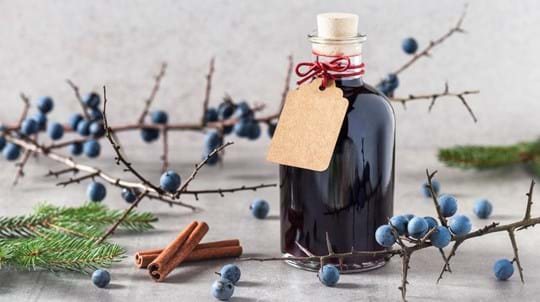
Blog
Charlie Mellor • 12 Oct 2023
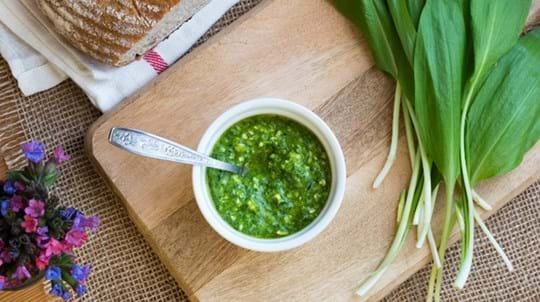
Visiting woods
See what's in season with our guide to sustainable foraging with top tips on how to pick, cook and eat wild plants.
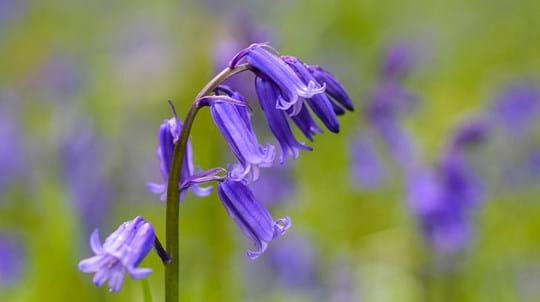
Visiting woods
Search thousands of woods across the UK and gather information on the local facilities, features, wildlife and history in the area.
Give your home a cosy feel with natural decorations that can be reused, recycled or composted. Wrap up warm for a winter walk to gather seasonal foliage, twigs and cones to create unique displays around the house. Be sure to follow our responsible foraging guidelines if taking anything from nature.
For a more environmentally-friendly Christmas dinner and other festive meals, consider:
From trees for your garden to eco-friendly gifts and homeware, every purchase helps us to plant and protect UK trees and woods.
Shop now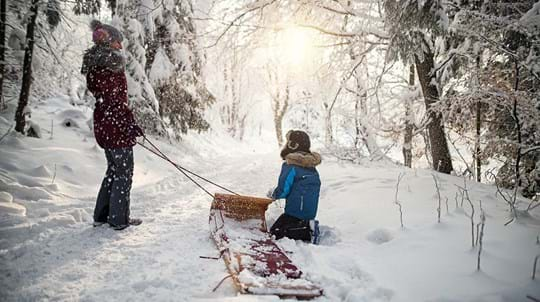
Visiting woods
Winter is a magical time to explore a different side to the woods. From cold, crisp mornings to chilly starlit evenings, discover a winter wonderland near you.
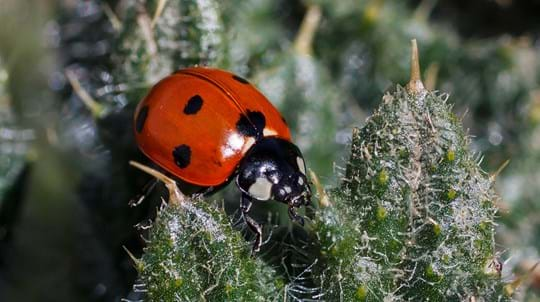
Blog
Charlie Mellor • 16 Apr 2024
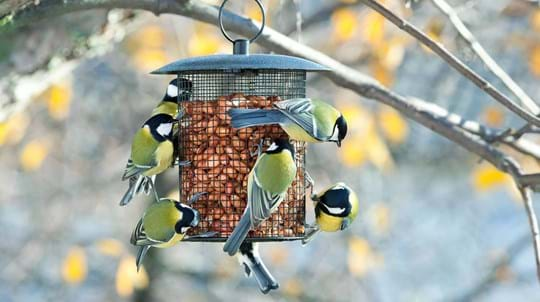
Blog
Amy Lewis • 22 Feb 2018
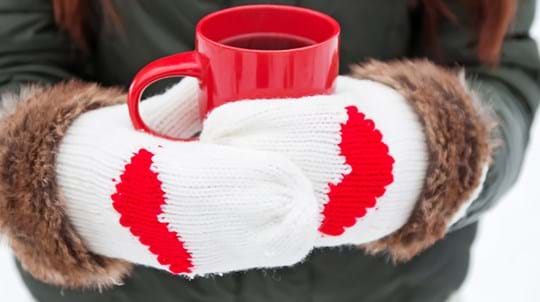
Blog
Danielle Wesley • 05 Jan 2023